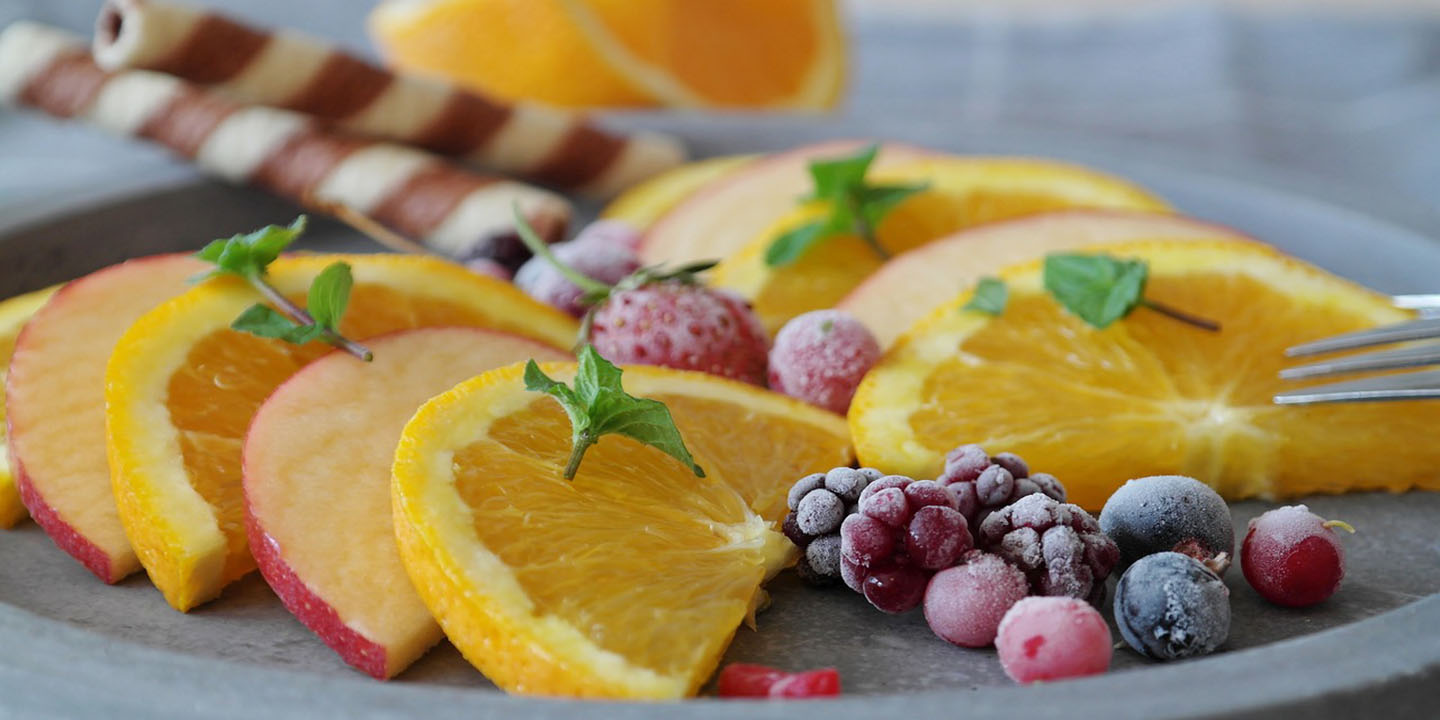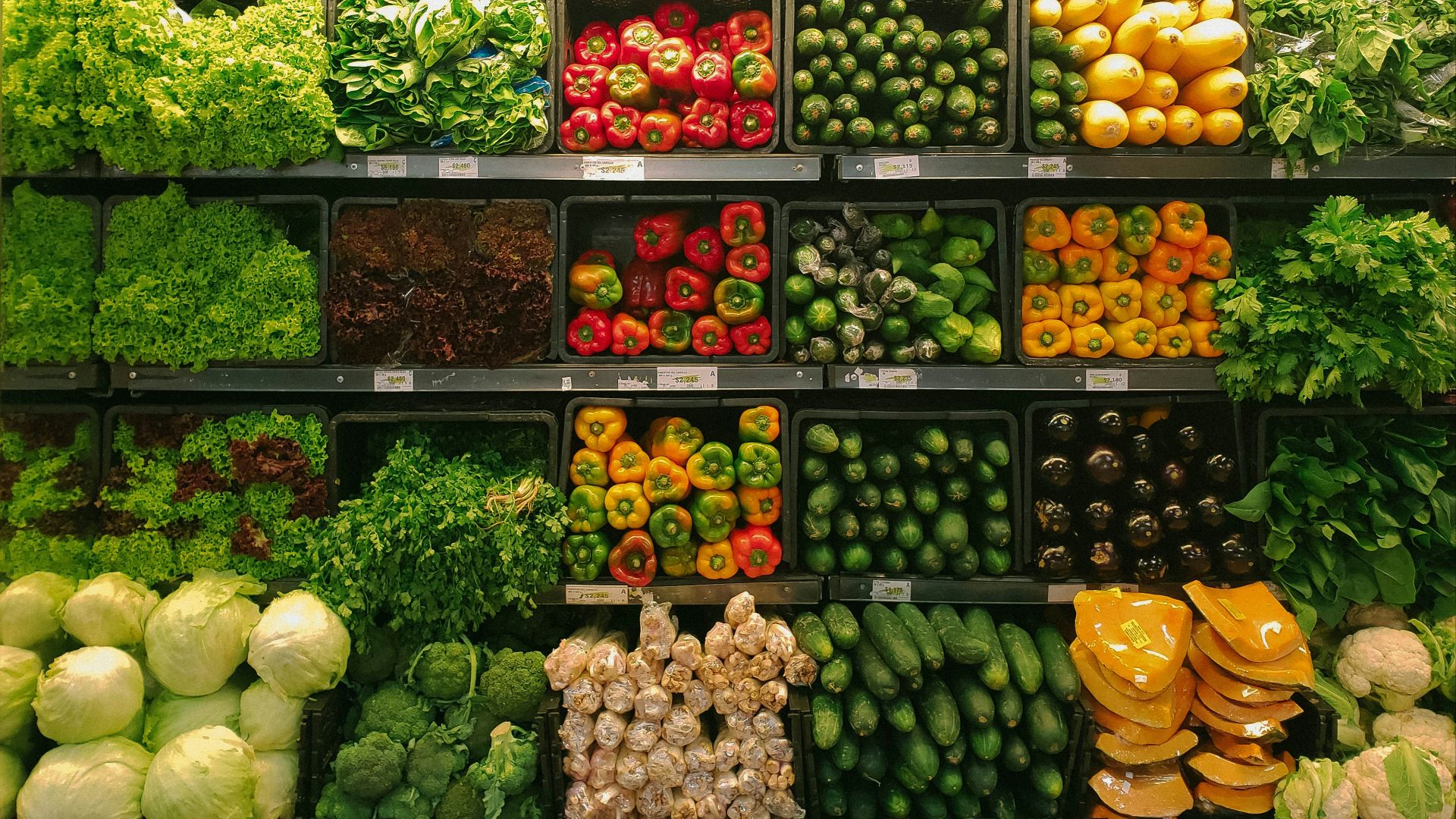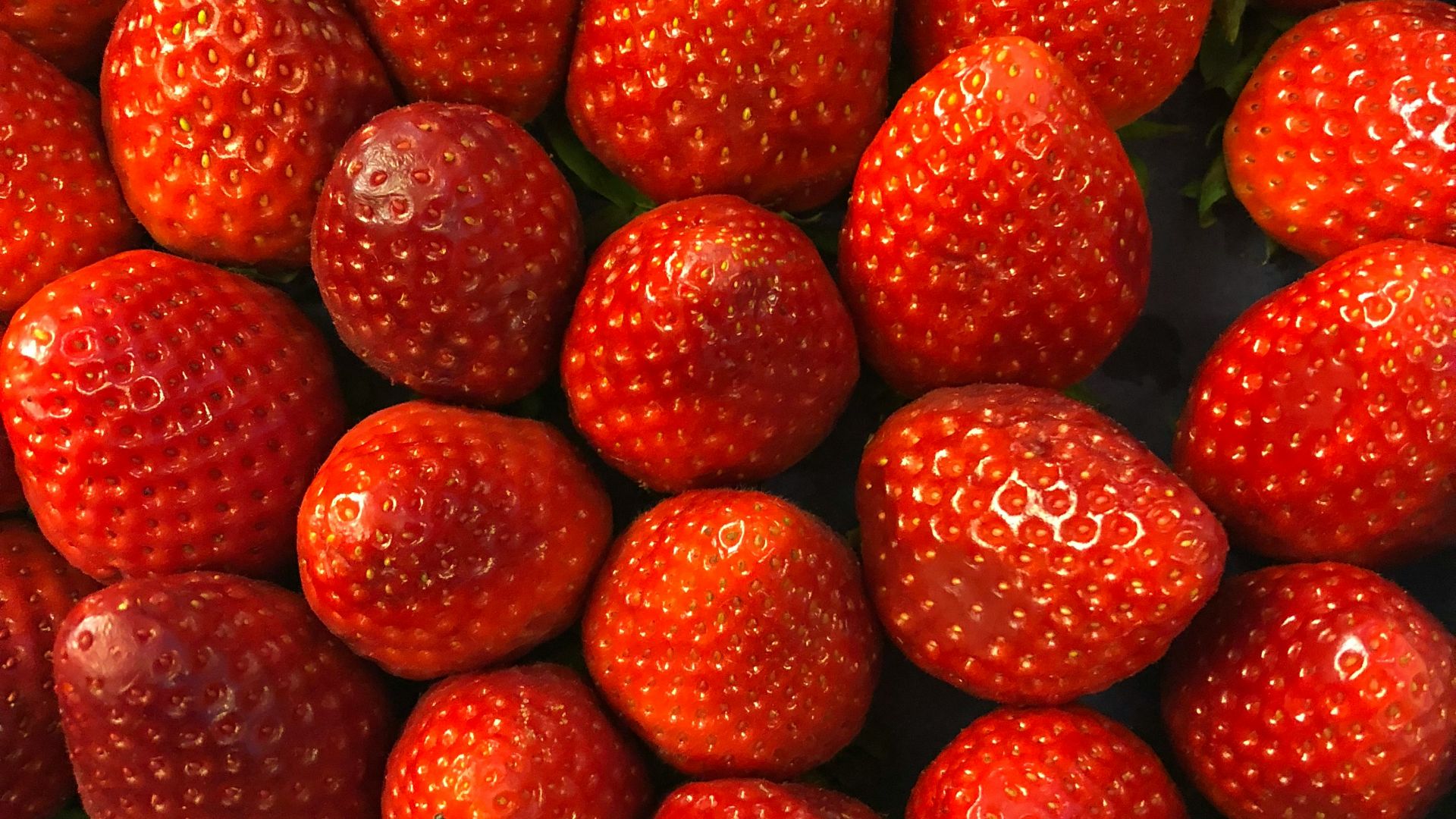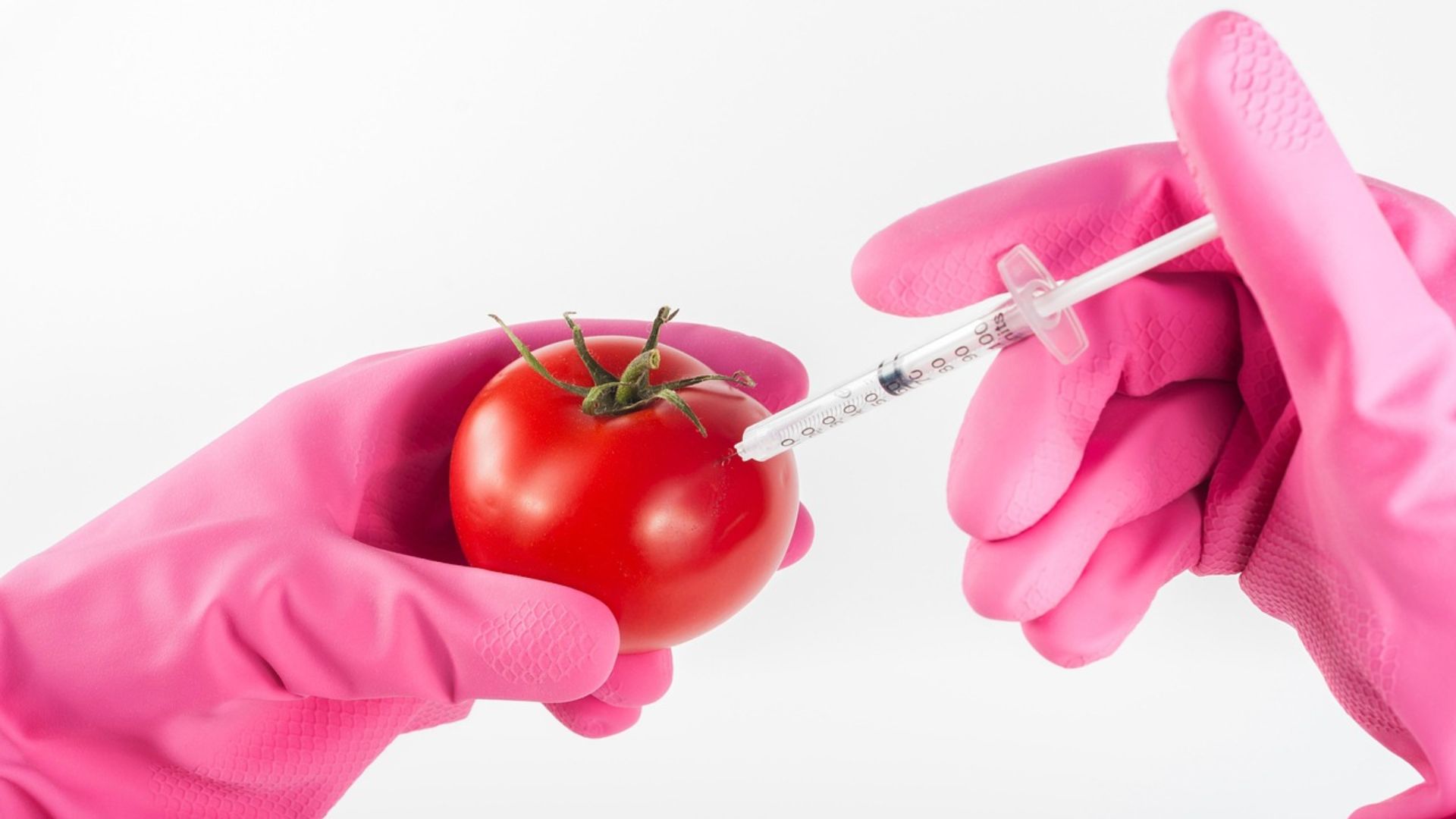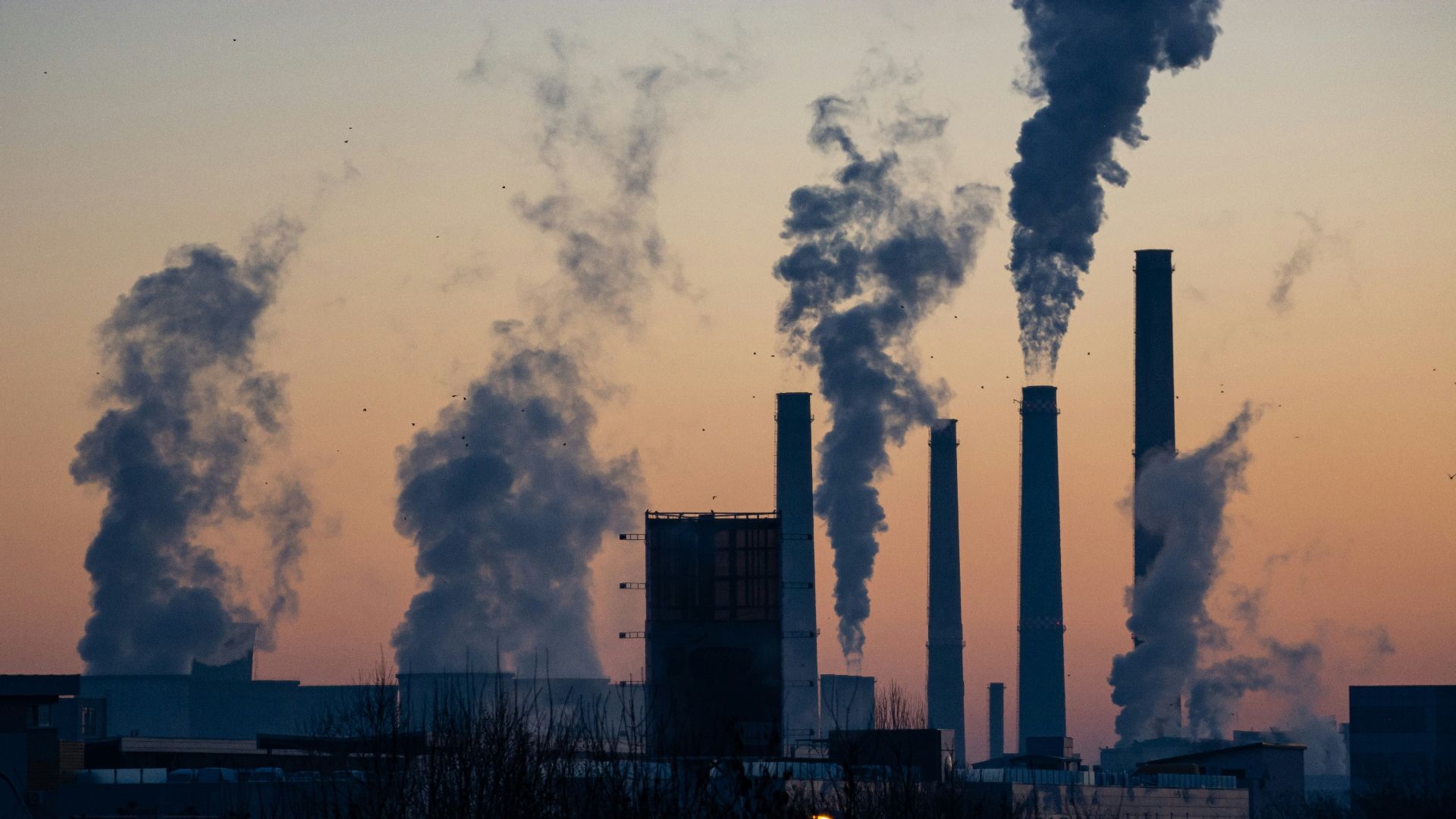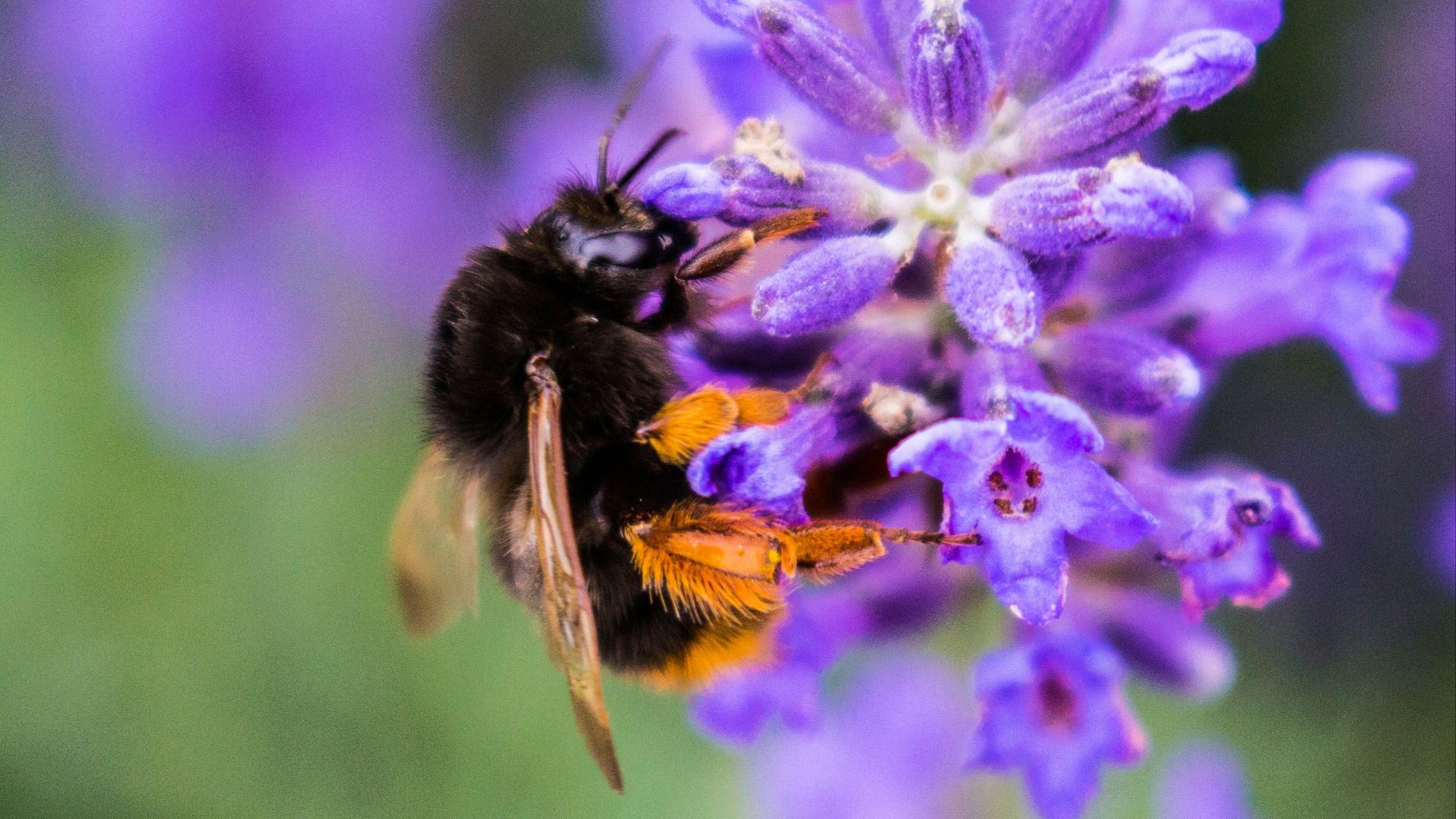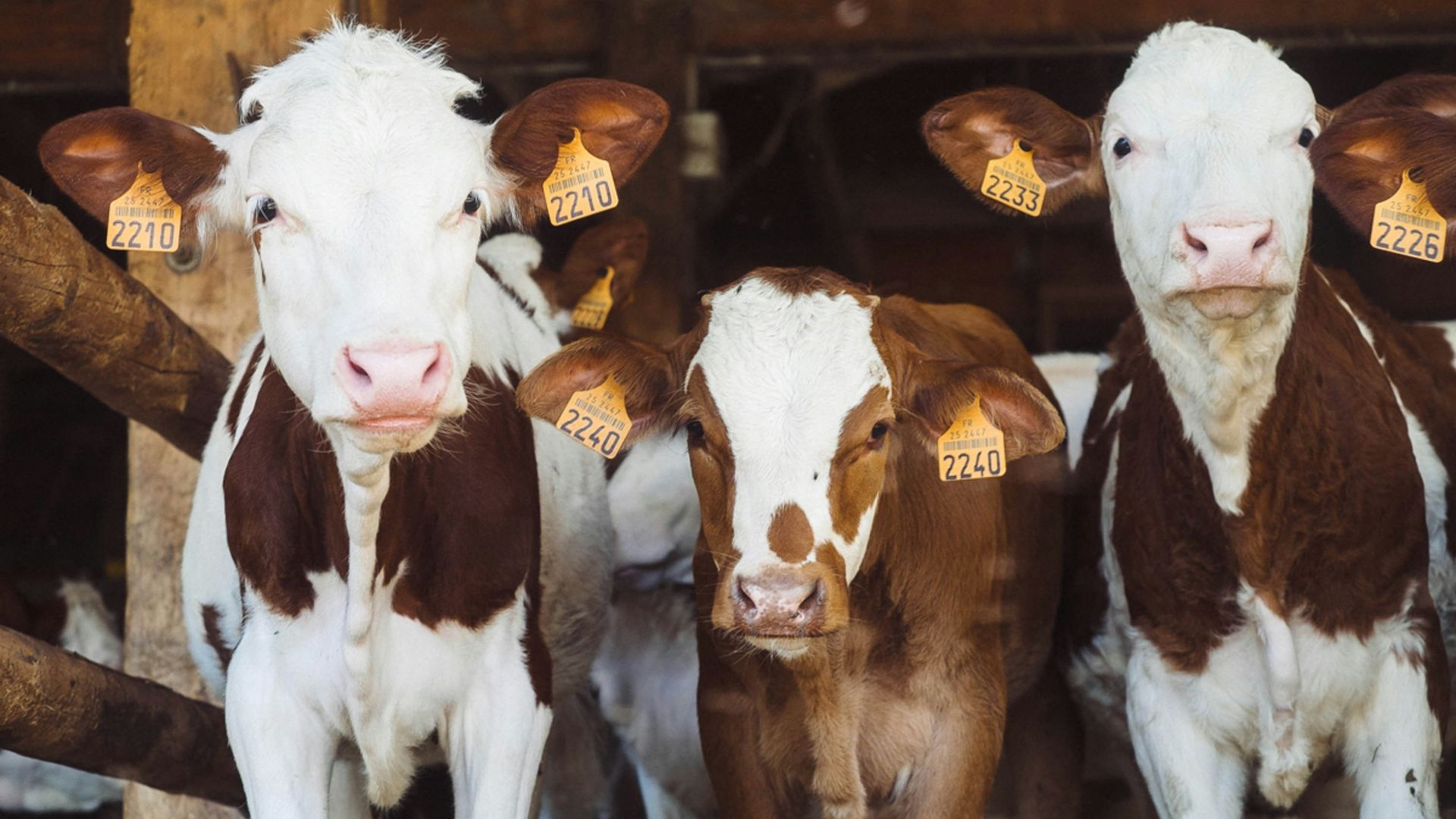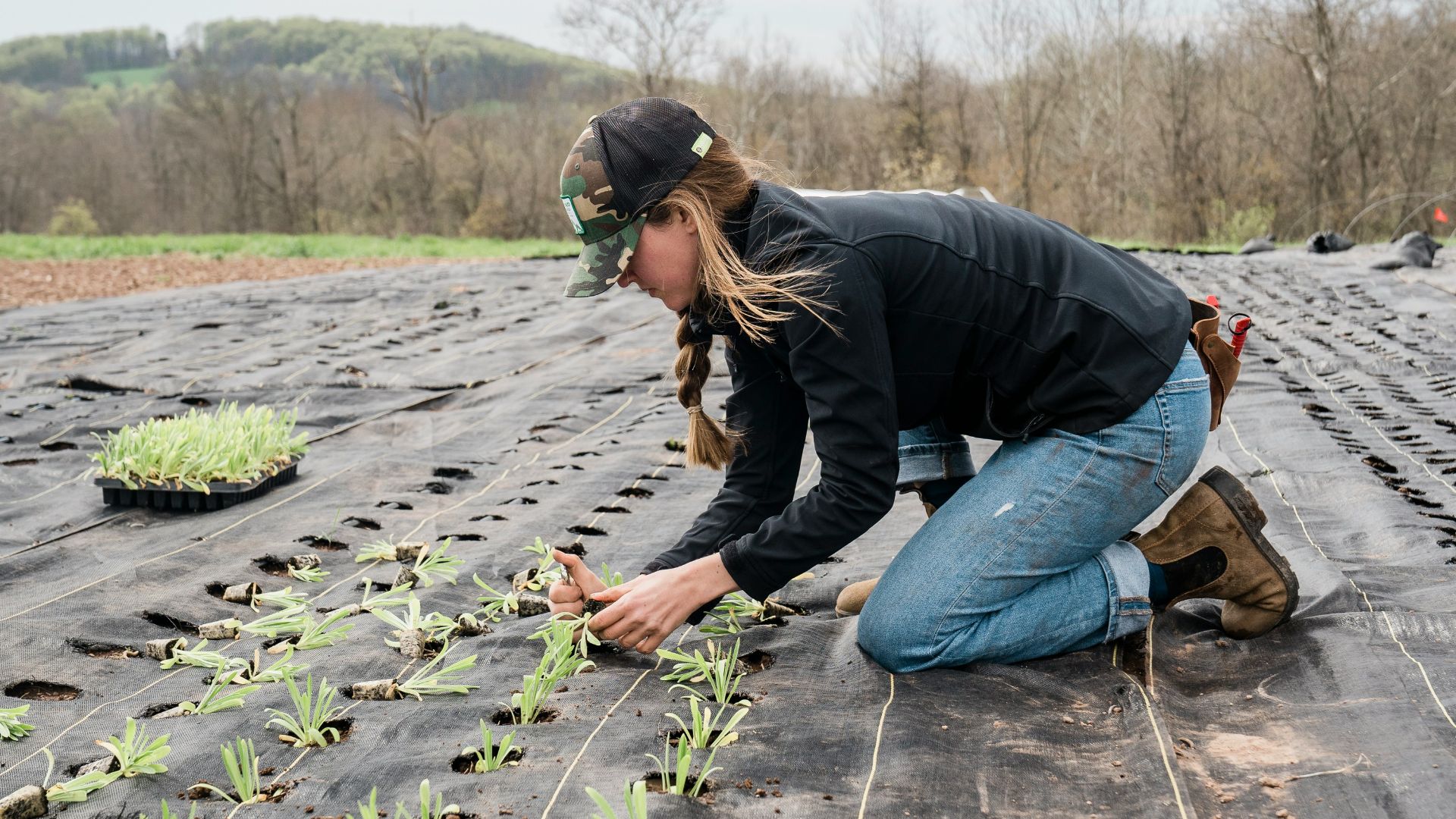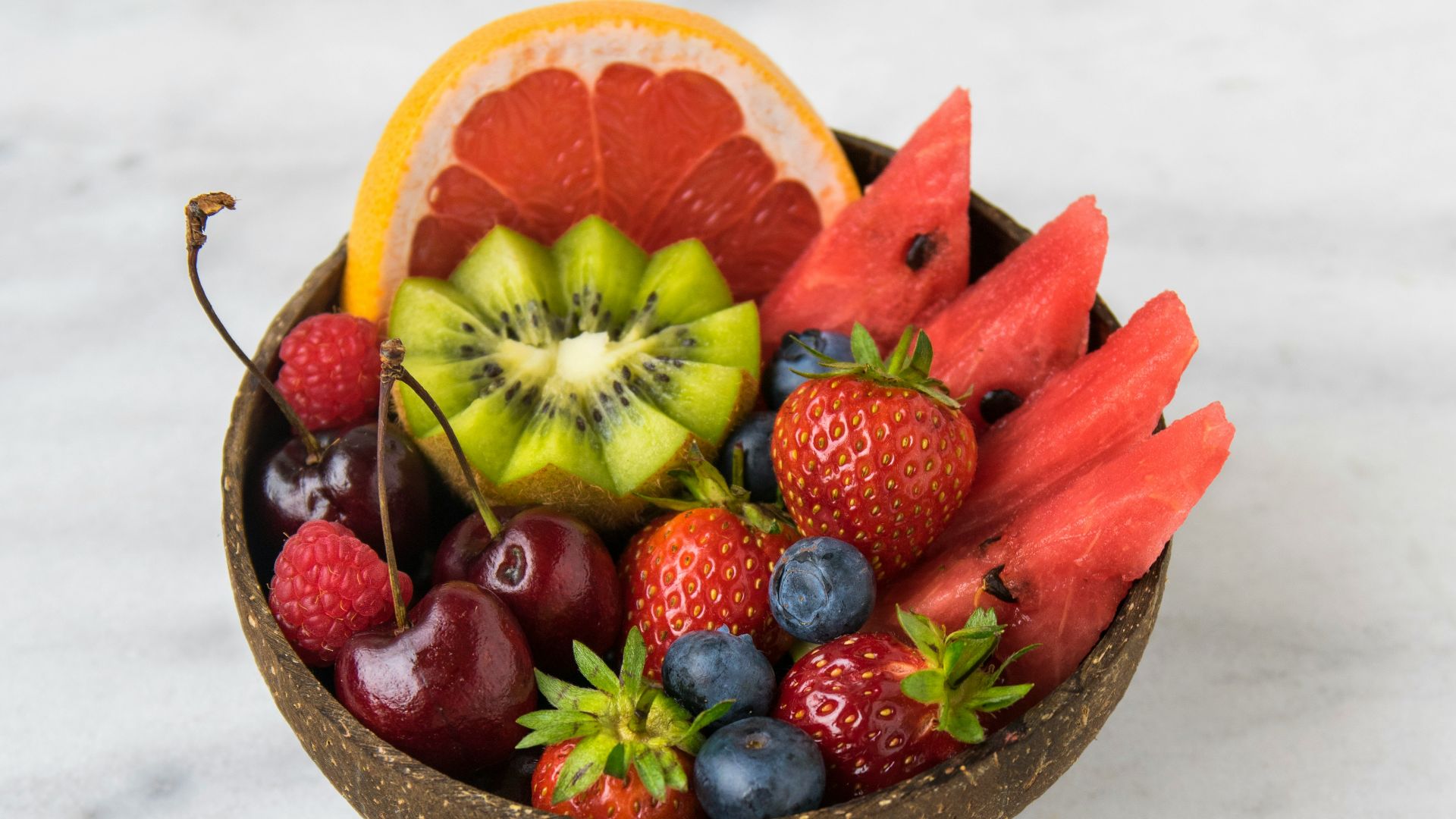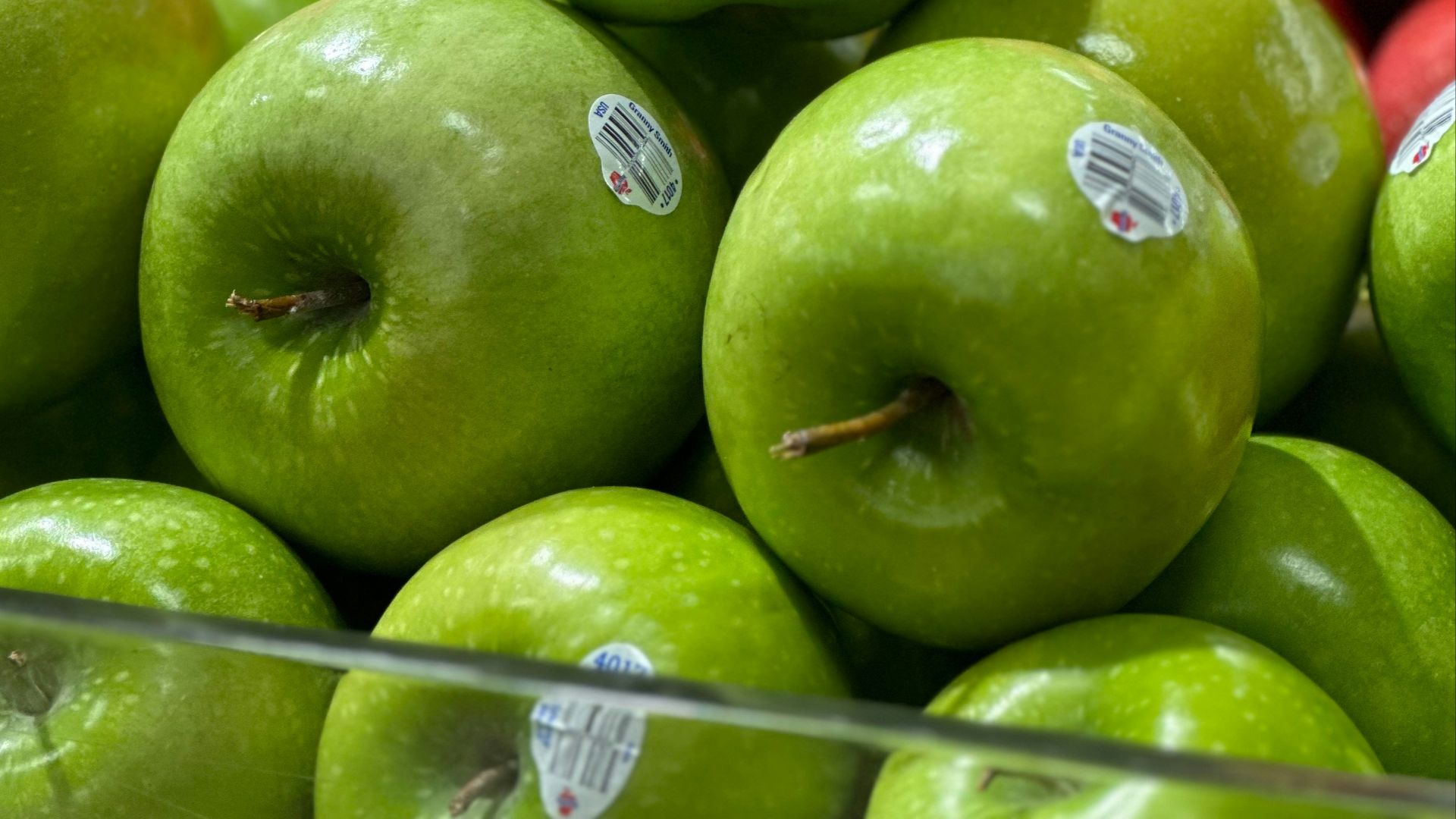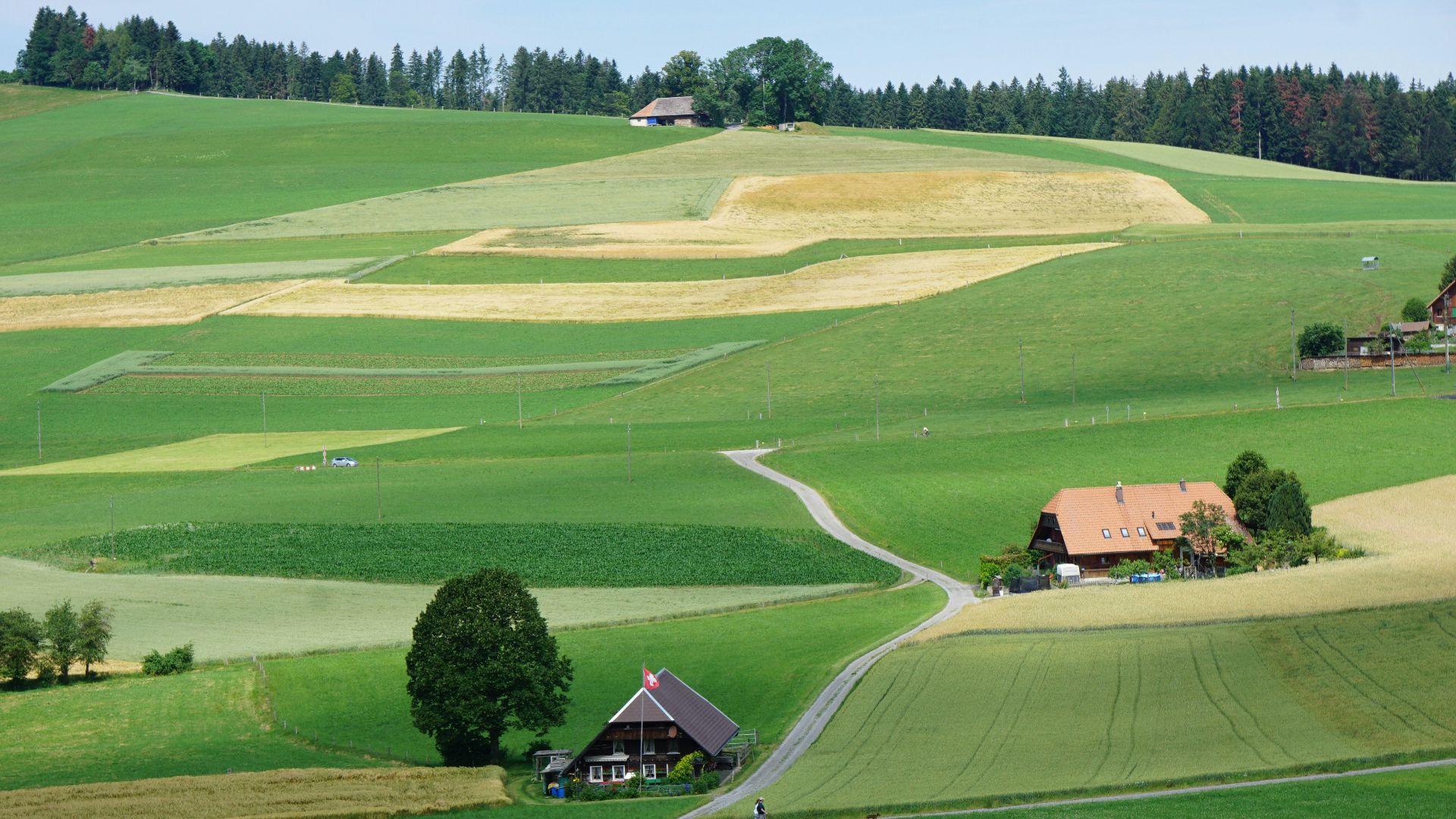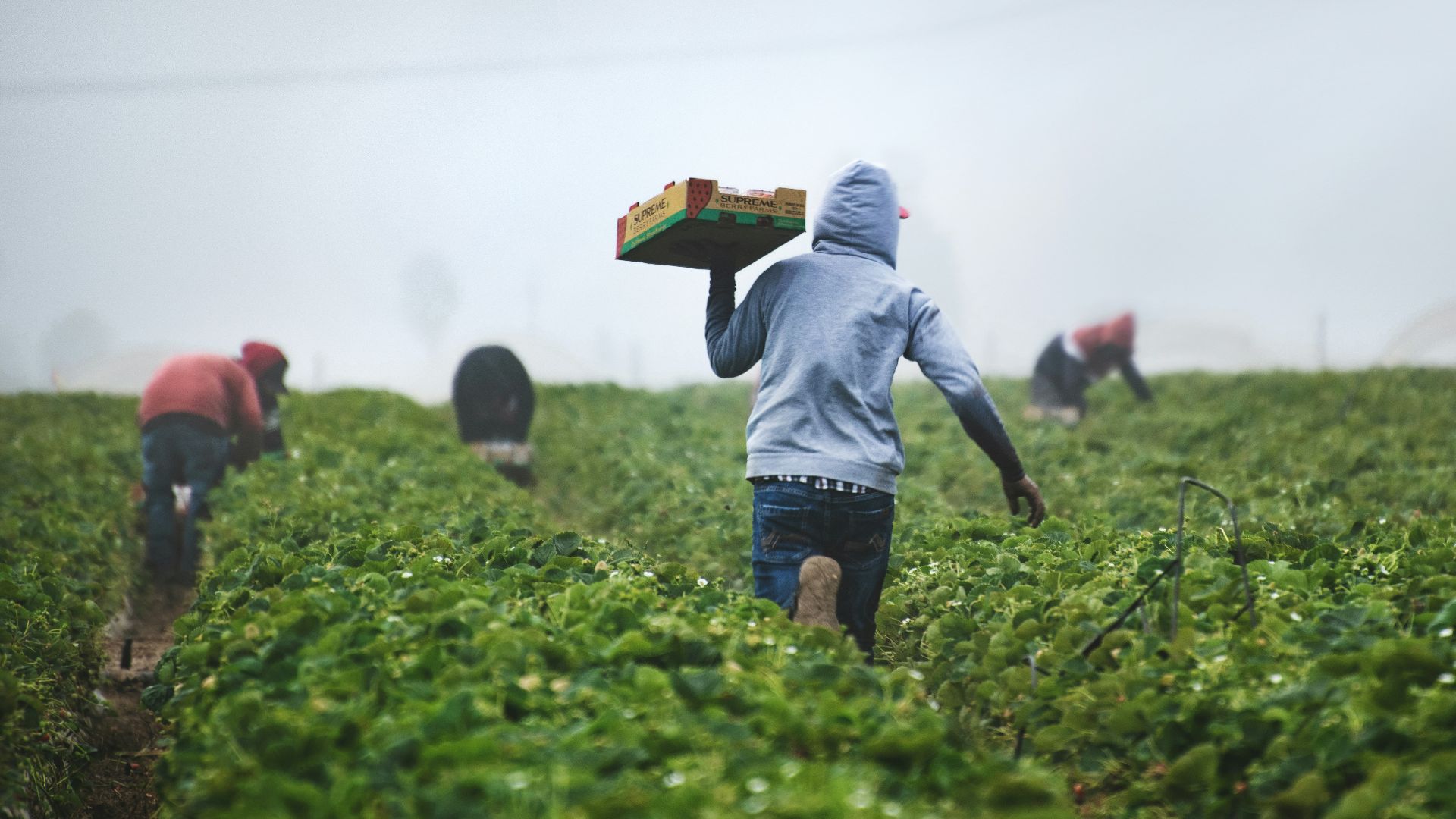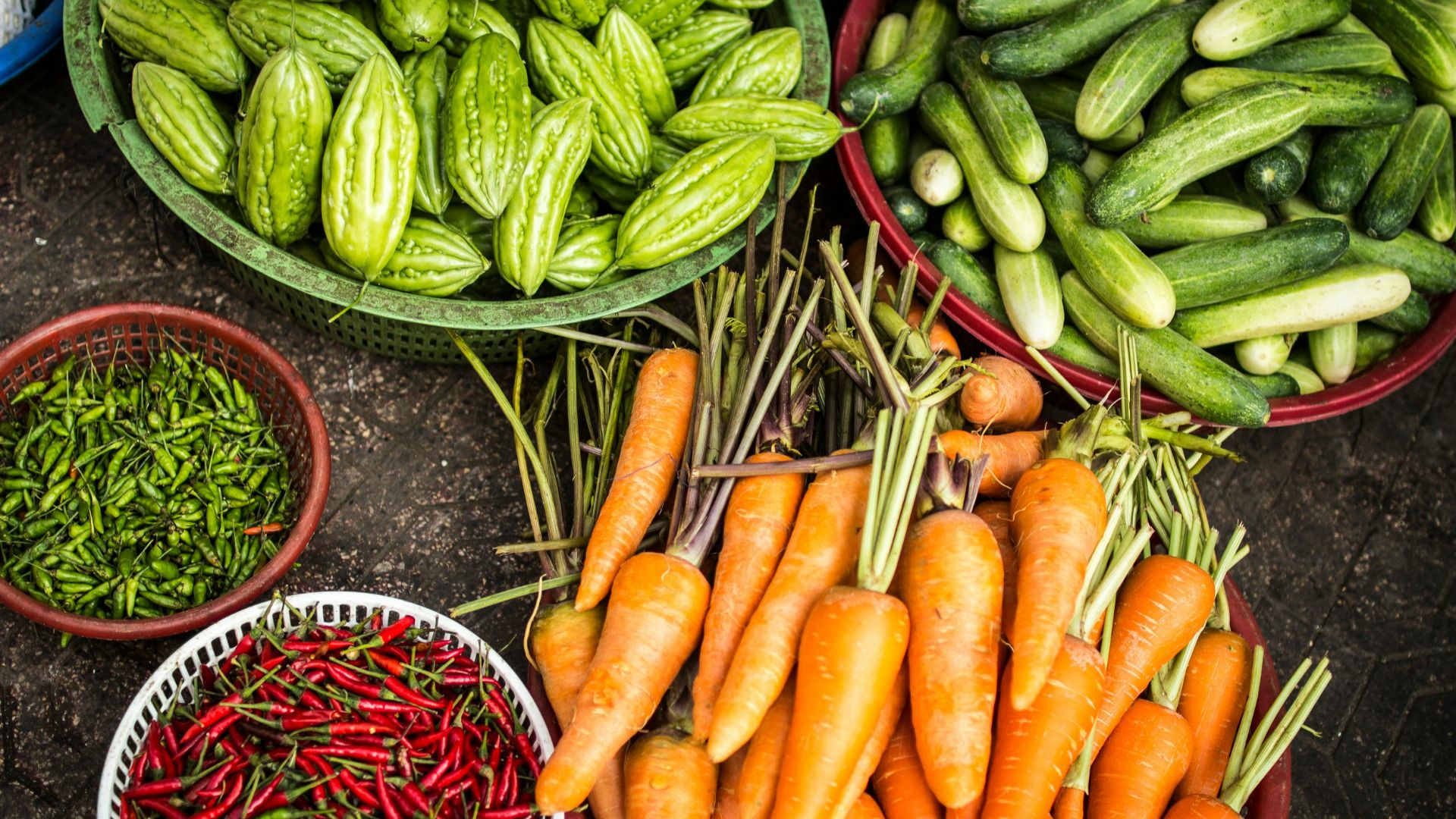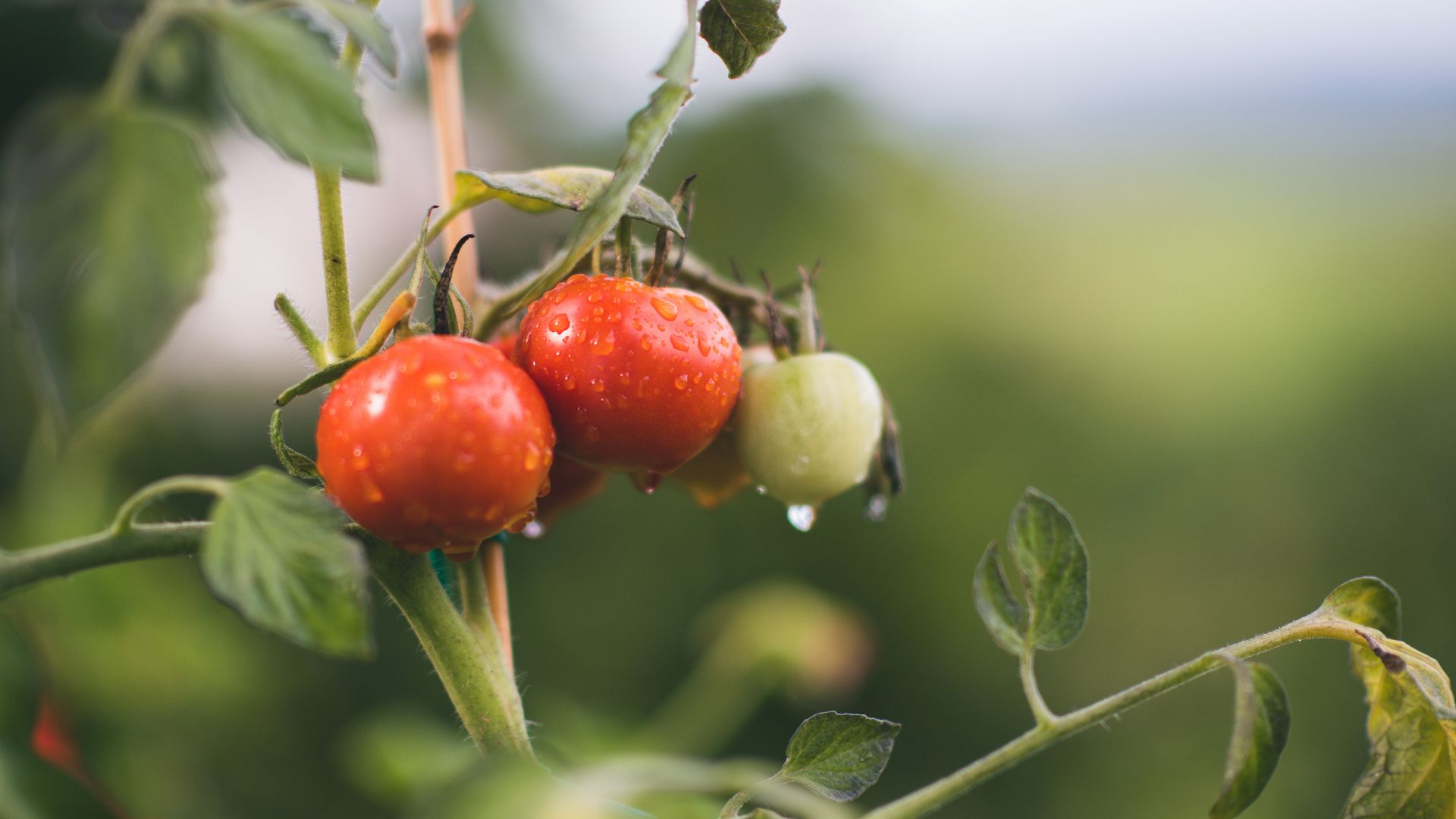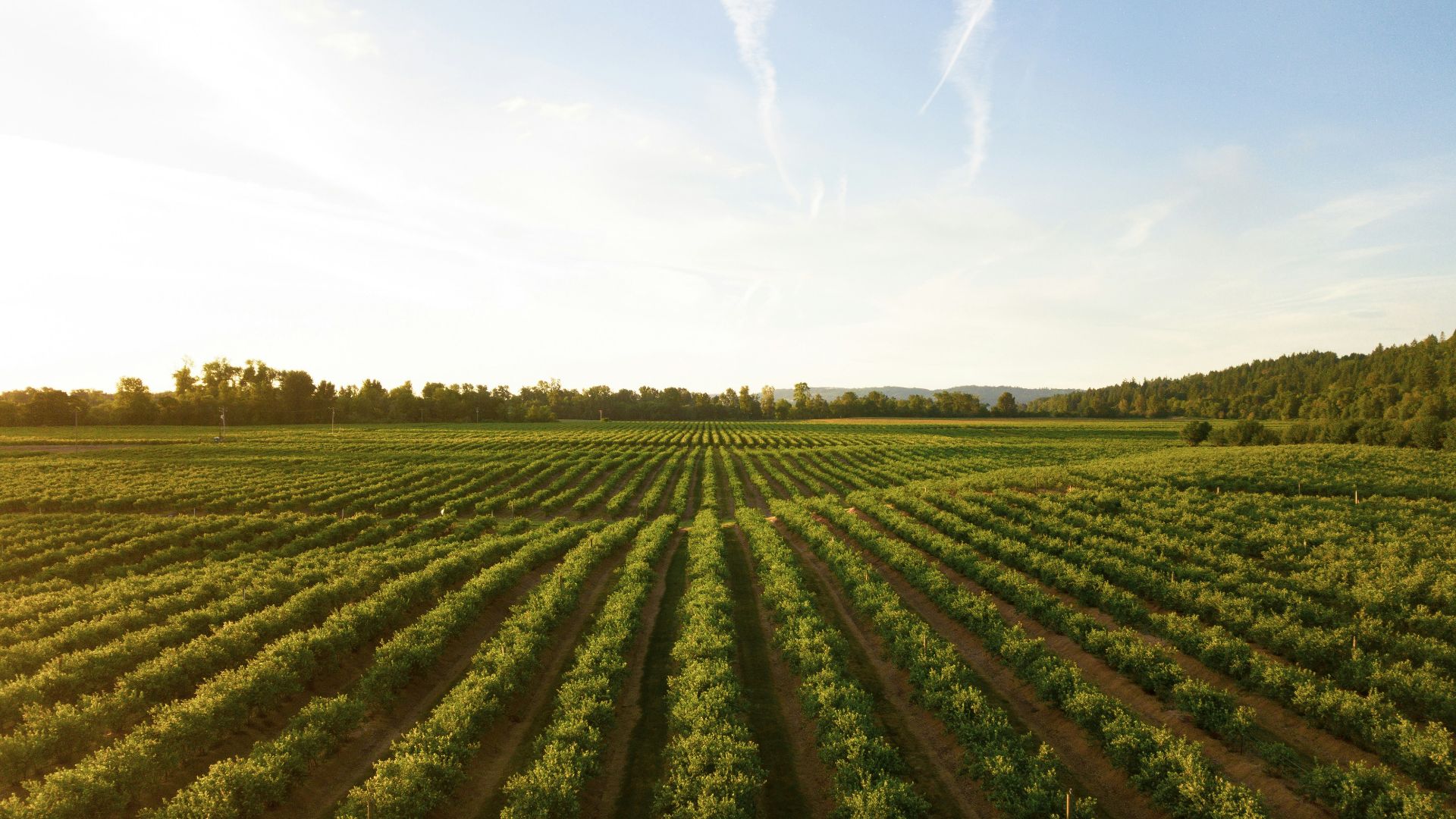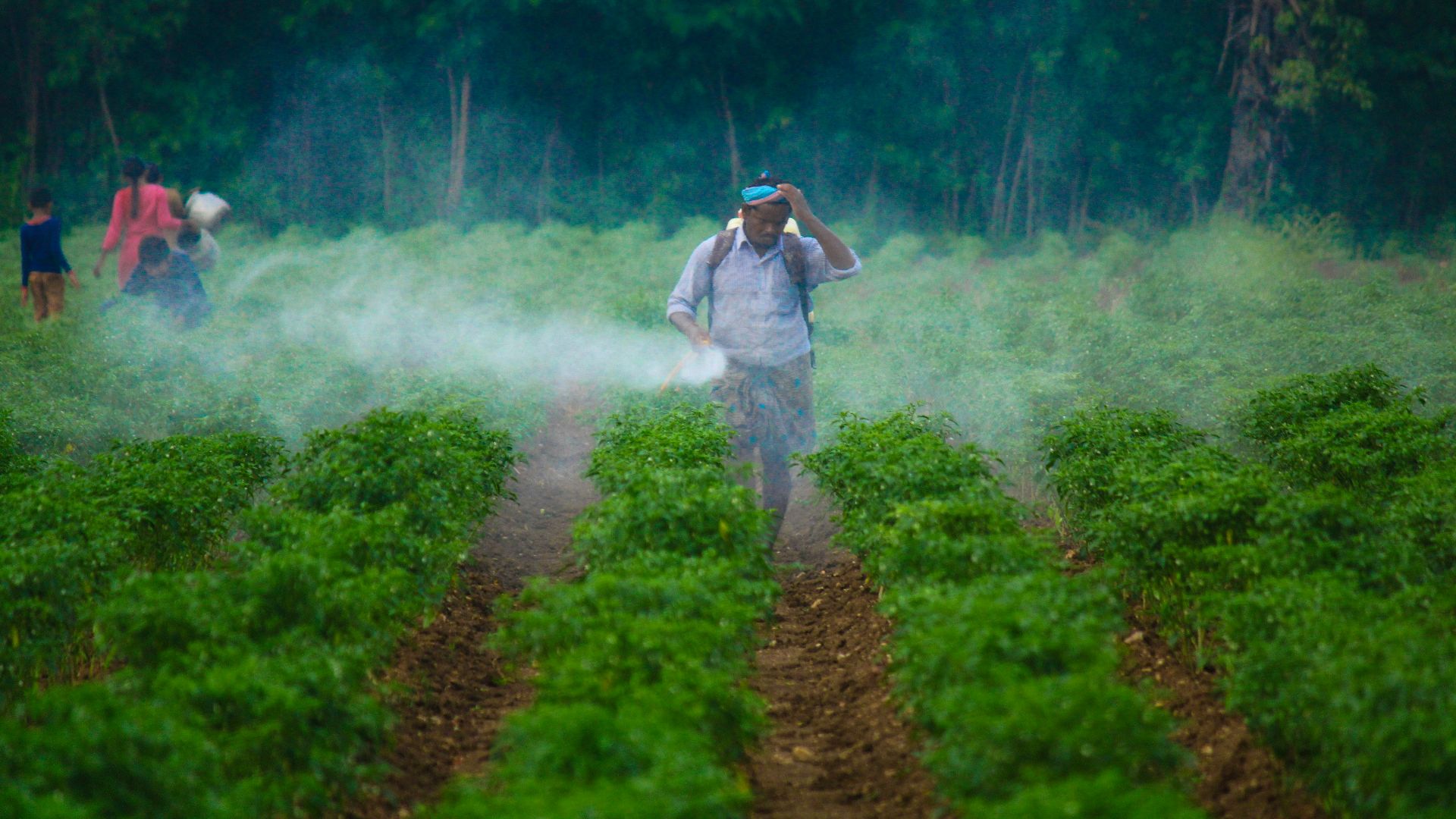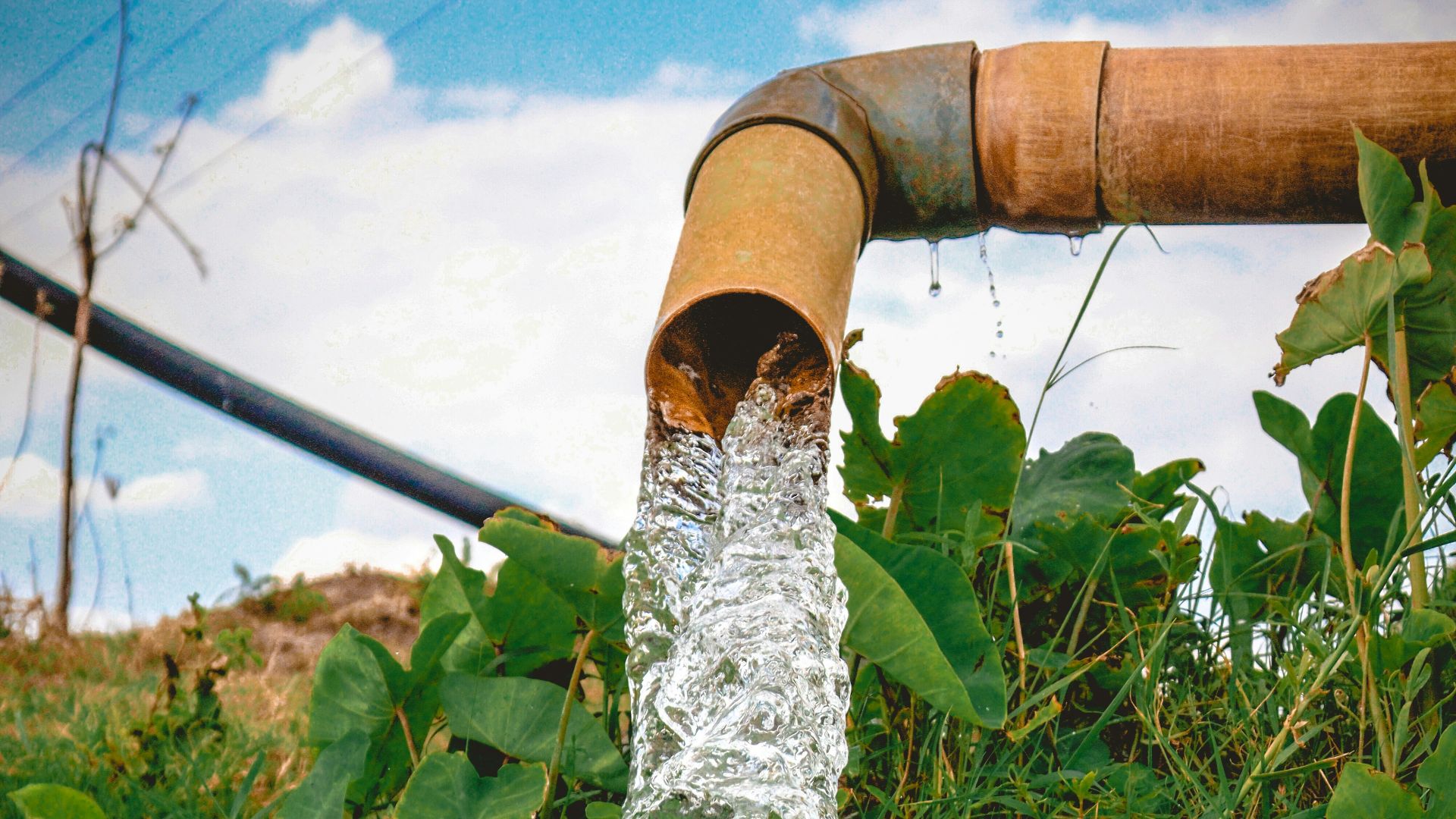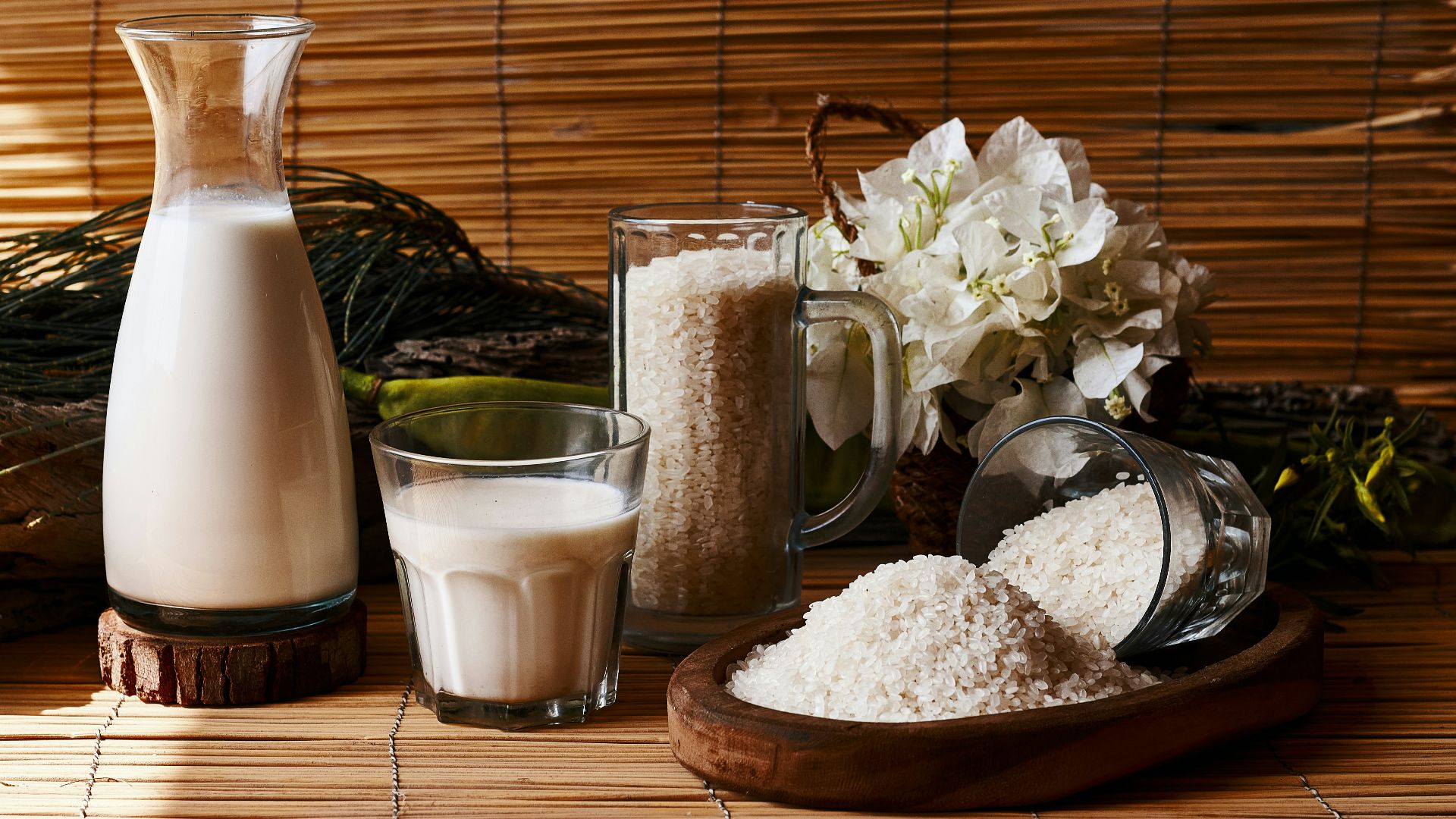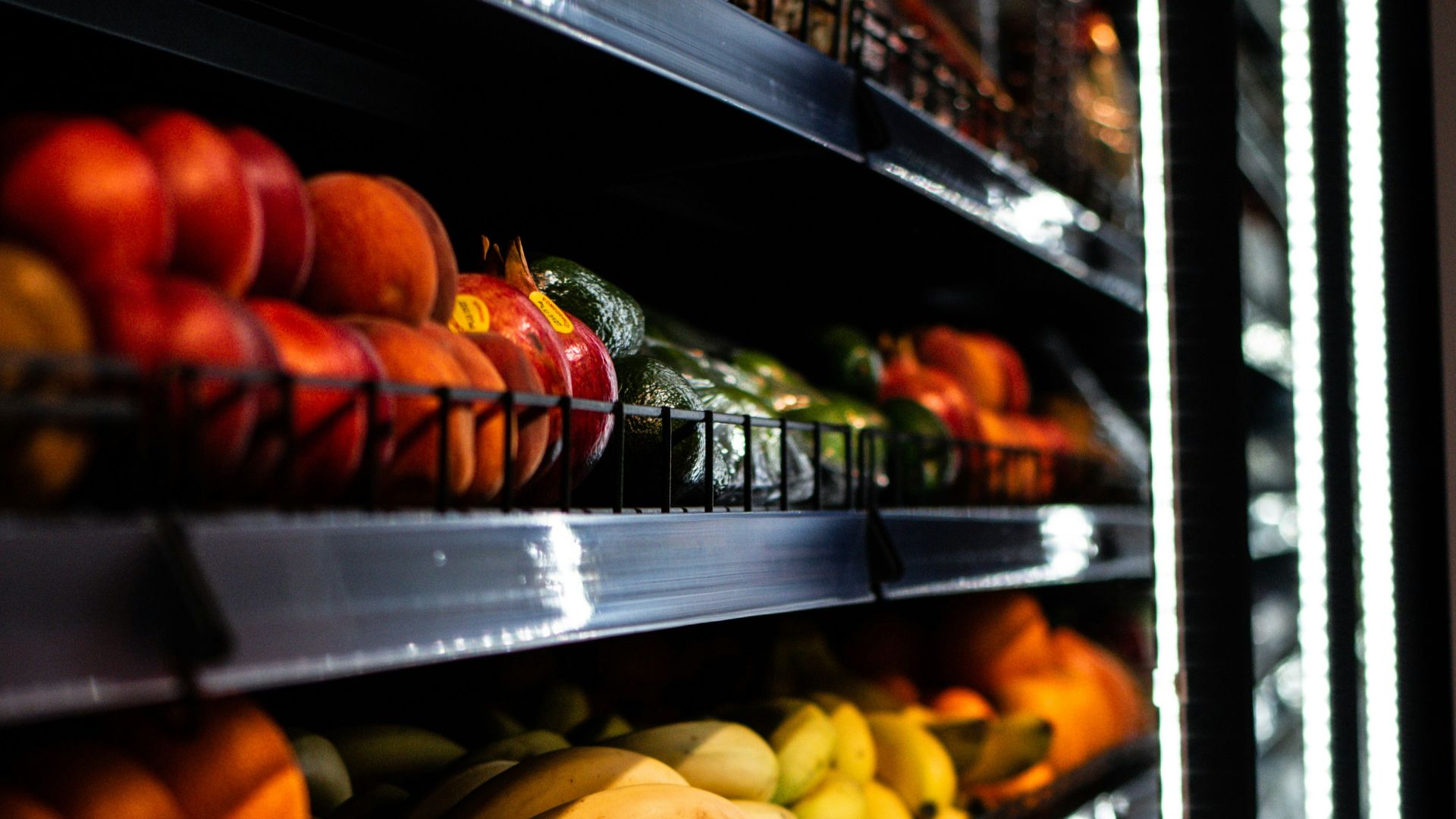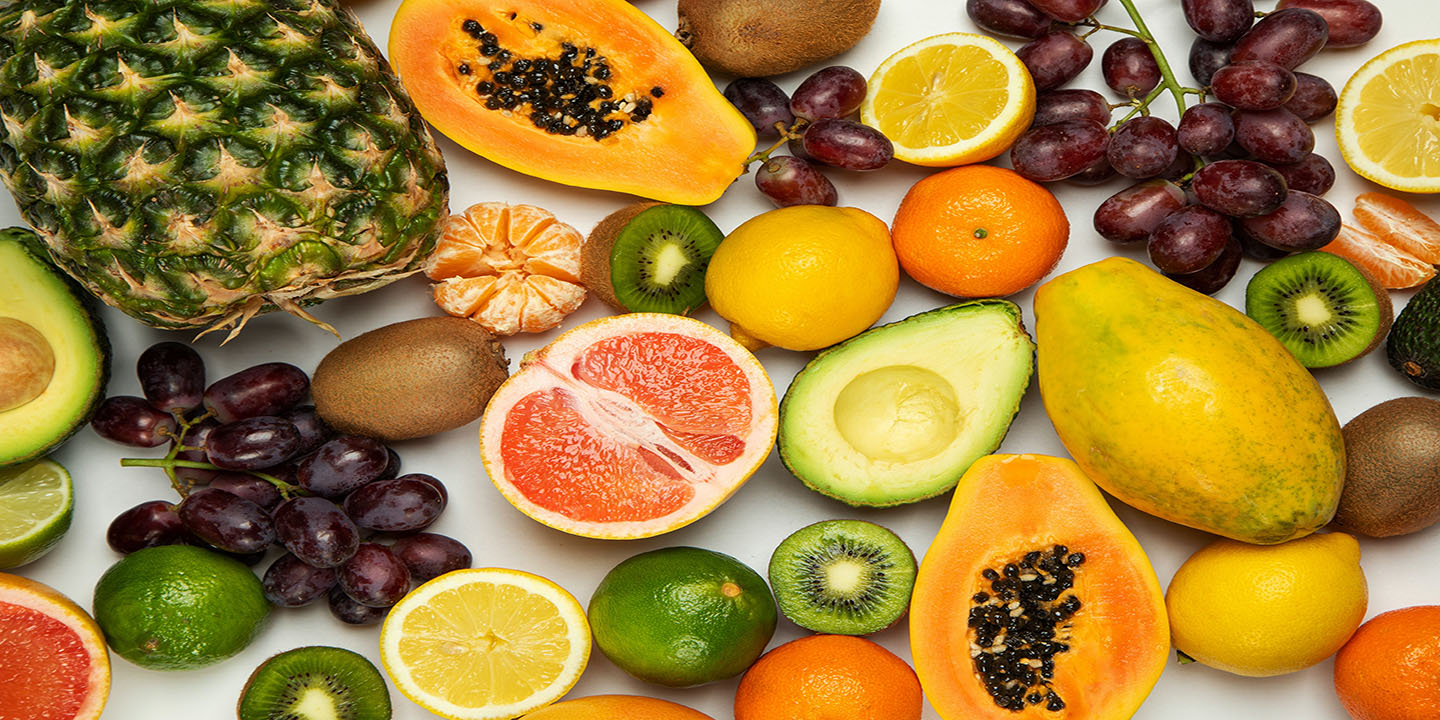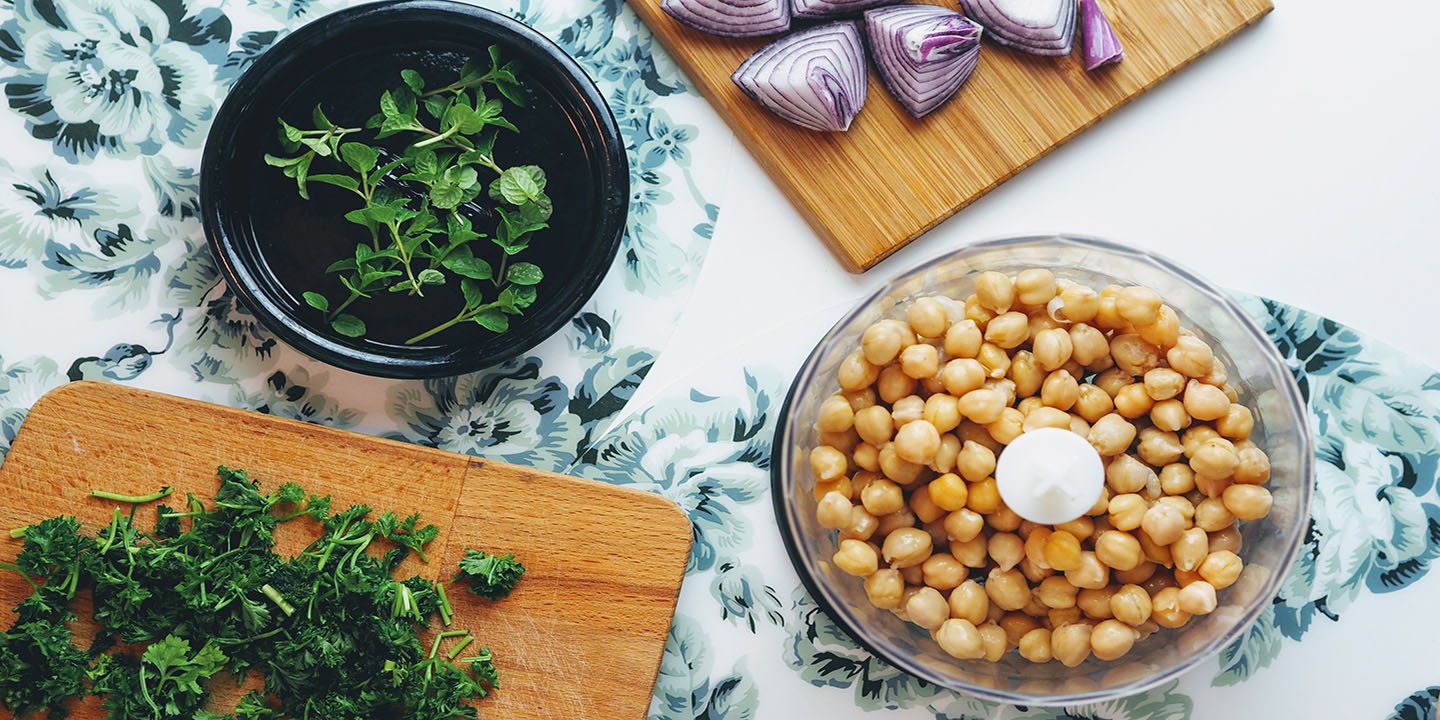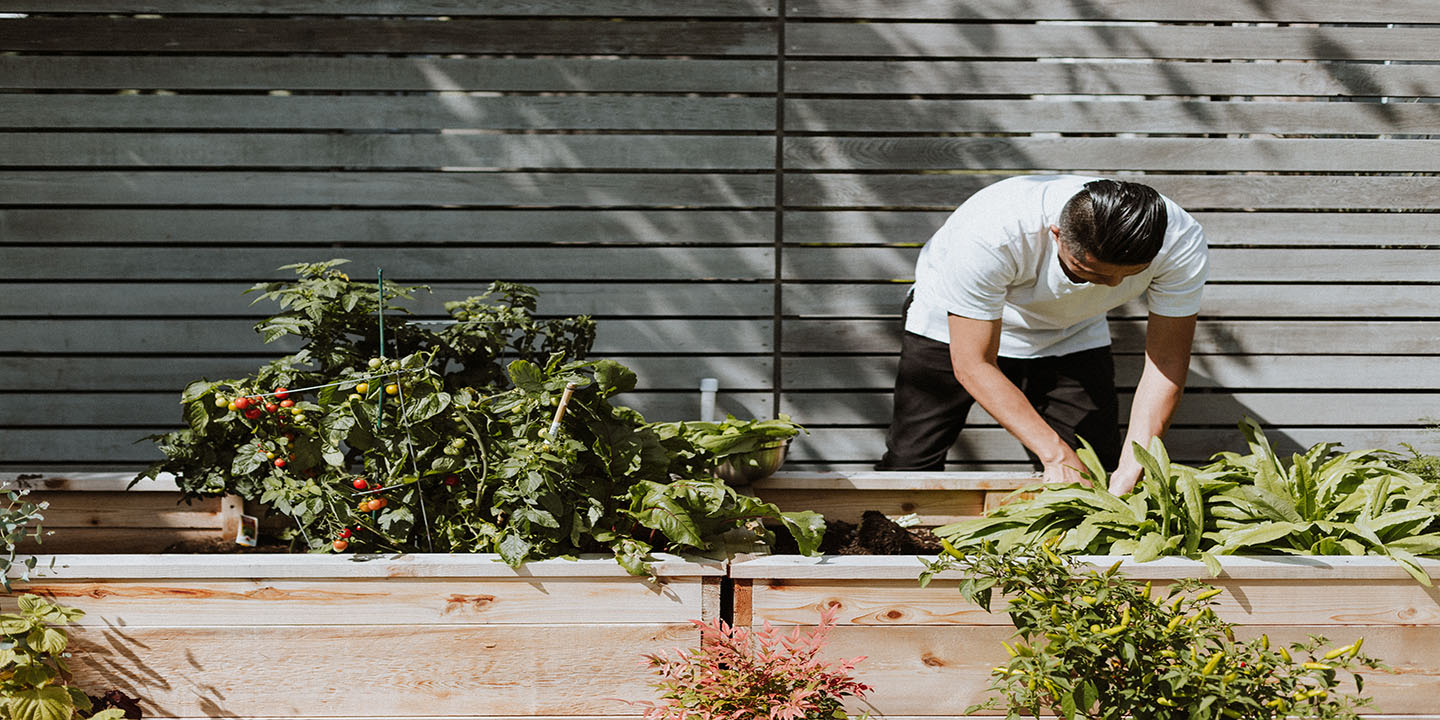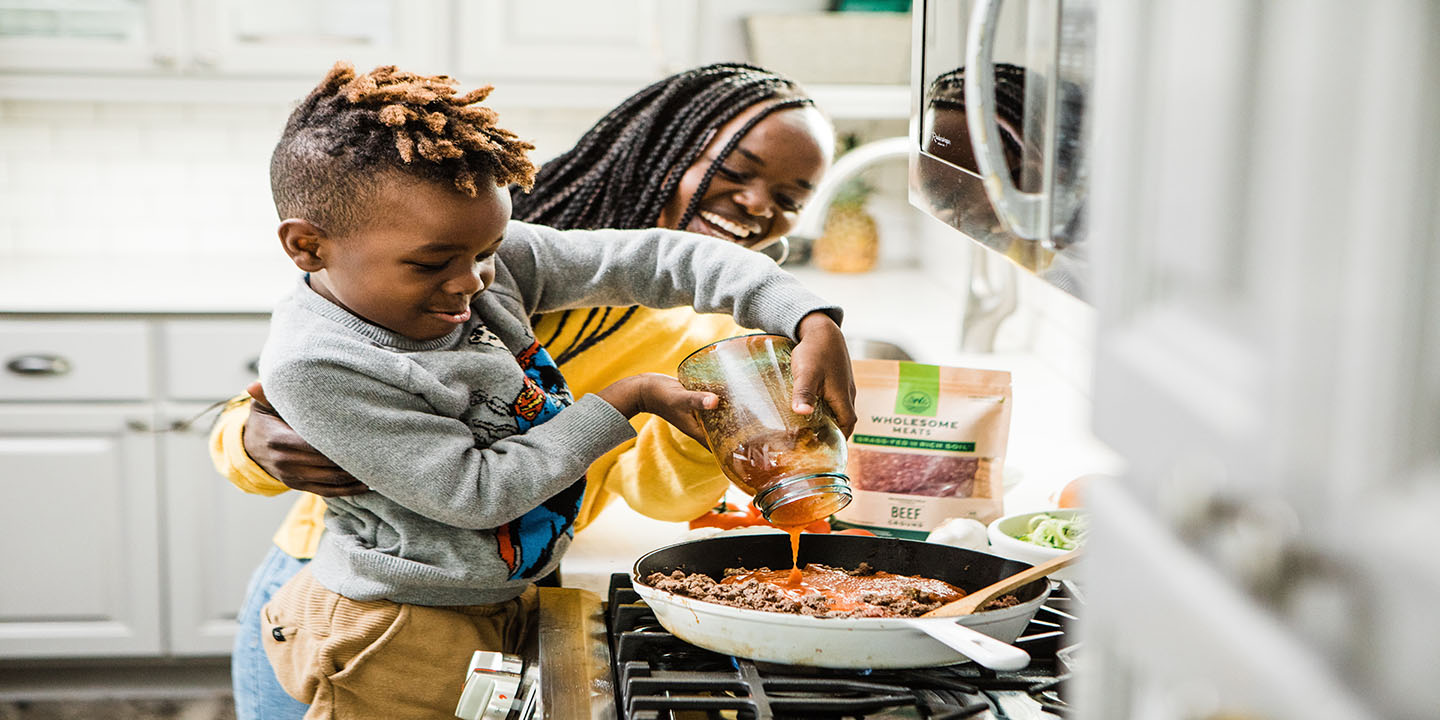10 Reasons To Switch To Organic & 10 Reasons Why You Shouldn't
Let’s Go, GMO
We want to believe that buying and eating fresh fruits and vegetables is enough for us to feel good, but it never seems to work out that way. We are constantly bombarded by this idea that organic products are better for you, your family, and the world at large, often with fear-mongering language. Yes - some of it is true, but we encourage you to think for yourself when it comes to the purchase of these “higher-quality” products.
1. Avoids Pesticide Exposure
Natural farming methods do their best to restrict the use of synthetic pesticides in their production, instead relying on preventative methods to keep crops and soil as healthy as possible. This, in turn, leads to organic foods having significantly lower levels of pesticide residue.
2. Tates Better
This one may be subjective rather than based on fact, but many folks believe that organic food just has better flavors. This may be due to the belief in a more natural growing process and healthier soil, but you’d have to try it for yourself to see.
3. Keeps GMOs Out Of Your Food
GMOs, or Genetically Modified Organisms, are good in theory. They were created to introduce desirable traits in our food, but more importantly, to make our food more resistant to disease. However, GMOs have potential environmental risks and may spread their modified genes to other plants.
4. Keeps The Oceans Cleaner
Because organic farming stays away from synthetic fertilizers and pesticides, there’s less of a chance those chemicals will flow into our waterways. When contaminated runoff occurs, it can create something called “dead zones,” where oxygen is pulled from the water and marine life is unable to survive.
5. Maintains Healthy Soil
Again, fewer synthetic pesticides means healthier soil. Organic farmers use a combination of natural fertilizers, compost, and crop rotation, all of which work to improve soil structure and water retention.
6. Less Pollution
Large-scale agriculture is so effective due to its heavy machinery, synthetics, and pesticides, all of which can spew dangerous greenhouse gases into our atmosphere. Small-scale farming tends to have a lower carbon footprint.
7. Supports The Bees
Our bountiful harvests have always been supported by the pollinators of the world. By choosing organic food, you can feel good knowing that bees and other pollinators played their part in the growing process.
8. Better For Animals
Organic animal farms tend to have better animal welfare practices, like prohibiting growth hormones and allowing animals to roam freely. While that should already be enough to make you reconsider, free-roam farms also have increased biodiverse activity, and of course, less pollutants.
9. Keeps Small Farms Alive
Farmers are the backbone of our communities, as they have been for thousands of years. By buying organic (or just local), you play a part in keeping those small businesses successful. In turn, this can lead to increased employment opportunities for those in the agricultural sector.
10. Health Benefits
Without all the extra chemicals found in plant and animal products, there is a possibility that you can reduce your risk of cancer, heart disease, and antibiotic resistance. Organic foods are also said to have a higher nutritional content, so you could increase your intake of things like omega-3s and antioxidants.
1. Too Expensive
Our current economic situation is forcing folks to pick and choose what they can spend a bit more money on, and organic foods hardly make the list. Organic food costs around 50% more on average, which ends up being quite the bill if you’re buying multiple items.
2. More Land And Resource Requirements
Even though organic farms create better ecosystems, they use anywhere from 10-40% more land than non-organic farming. In a weird way, non-organic farming methods can actually hinder deforestation and habitat loss.
3. Labor Issues
Organic farms can create plenty of jobs for people in the high season, but that's about it. Sadly, smaller farms tend to struggle with lower wages for more intense work, and the seasonal changes can leave folks out of a job for half the year.
4. Yielding Issues
Because there are no pesticides or GMOs on organic farms, they have lower average yields than non-organic farming methods. It may be less of an issue in smaller communities, but it can lead to specific food shortages in more populated areas.
5. Unethical Lobbying Tactics
Certain advocacy groups have attempted to undermine the standards set for organic farming. The “natural” way of farming is still a multi-billion-dollar industry in North America, so corruption is still likely a daily issue.
6. Seasonal Constraints
While it varies by region, northern farms have a relatively short growing season - approximately 105 days. Combined with unpredictable weather and potential for disease, we wouldn’t be able to enjoy our favorite fruits and veggies year-round if we went completely organic.
7. Pesticides Still Exist
Contrary to popular belief, organic food does contain pesticides, just not synthetic ones. Organic farms also run the risk of potential contamination from neighboring farmland, so you’re not actually eating anything that's pesticide-free.
8. Groundwater Pollutants
Sadly, organic farms can still pollute our groundwater systems. It’s significantly less harmful than conventional farming, but natural fertilizers like manure contain nitrate and run the risk of spreading pathogenic bacteria into our water supplies.
9. Doesn’t Always Mean Cruelty-Free
It’s much more likely that organic farms are cruelty-free, but that’s more of an idea than a promise. Cruelty-free and organic aren’t synonymous, and many farms still use inhumane procedures for animals, even if their fruits and veggies are grown naturally.
10. Not Much Of A Difference
Many folks seem to think that there isn’t actually a taste or nutritional difference between organic and non-organic food. Those who wholeheartedly believe that organic food tastes better may be under the “halo effect,” a cognitive bias that’s based on a singular impression of a person, place, or thing.
KEEP ON READING

The Most Popular Signature Dishes Around the World
